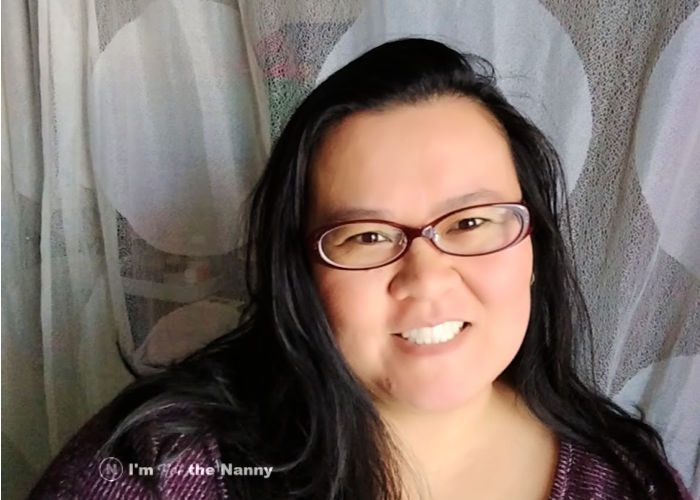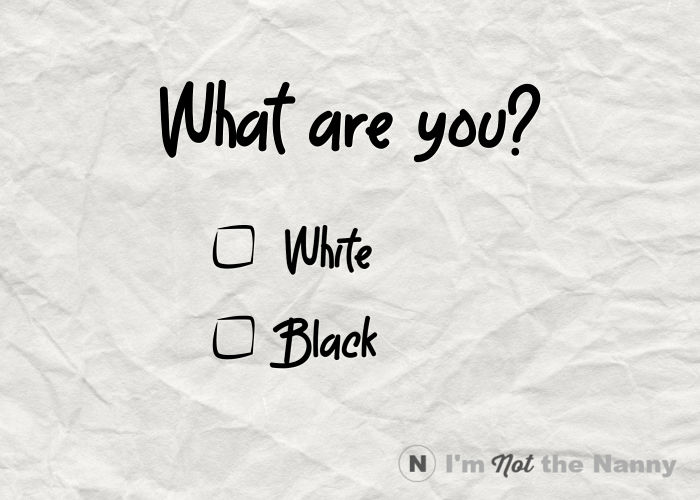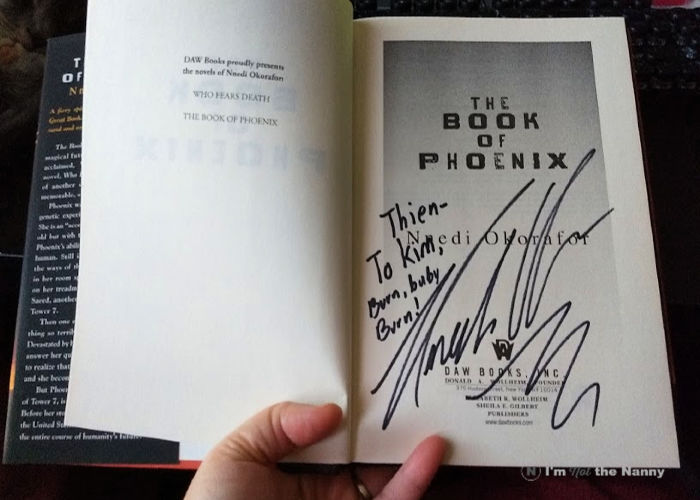This post contains affiliate links.

I used to hate my first name.
Maybe hate is too strong a word. I actually love my name. My first name is Thien-Kim. In Vietnamese, it means “gold from the heavens” or “god given gold” depending on which parent I ask and what mood they’re in.
Thien is a family name from my father’s side. He continued the tradition of including it in both mine and my sister’s name. Because our names were similar, our parents called me Kim. My sister also had a shortened version of her first name. Even though they used my nickname, any paperwork they filled out for me proudly displayed my full first name: Thien-Kim.
I hated how people butchered the pronunciation of my name or how people automatically shortened it. by people, I mean everyone in my hometown. When I was eight, we moved to a rural (at the time) town in Louisiana. The town was close enough for my parents to commute to work, but far enough away from Baton Rouge that housing prices weren’t astronomical for their blue collar incomes.
Our family was the only Asian family in this town. Maybe even the entire parish at that time. When I walked into my new third grade class, I quickly learned that everyone there had known each other since they were little kids. It was the town where everyone knew everyone and everything you did.
At my old school, which was near my grandparents’ home in one of the poorer neighborhoods of Baton Rouge, I was surrounded by Vietnamese American kids. All of us were children of refugees. In my new town, my classmates had never seen an Asian person in the flesh. Their only frame of reference was Connie Chung. “What are you?” was a frequent question. Followed by “Are you black or white?”

When you live in a Southern town surrounded by tall fields of sugar cane that used to be tilled by slaves, the racial differentiation matters. It determines where you fit in the hierarchy of your classmates. My Asianess confused everyone.
On my first day in this strange new school with only dark brown and light pink faces, my teacher told me that I could no longer use the name Kim. Our class, the elderly teacher explained, already had a Kim (who was really a Kimberly). As if having two Kims, one blonde and one with jet black hair, would cause confusion in my class.
The same teacher asked for my full name, which I proudly told her. She couldn’t say it. After two attempts of her saying “Tie-Kim,” I gave up. I was raised to respect my elders and not make them look bad. Hey, I was eight!
From then on, my classmates called me Tie-Kim. Eventually I convinced most of them to “just call me Kim.” It helped that the other Kim(berly) moved to a different school the next year.
I thought I’d escaped the Tie-Kim in high school, but my assistant principal mispronounced my name at graduation. Even though I was the class valedictorian and wrote my name out phonetically for her. I even taught her how to say it the previous day. As I walked off the football field clutching my diploma, a classmate’s mother came up to me saying, “Congratulations, Tie-Kim.” Nope, still the wrong name.
I grew into the habit of saying, “Just call me Kim. It’s easier.” Even when I left for my small town college, where the dorm matching making gods stuck me with a Chinese exchange student because we were both Asian.
Was it easier for me or for the people I met? It was less work. Less explaining. I had long embraced myself as that person who had a weird name, but went by the more Western “Kim” so I wouldn’t stand out. In a rural town, being different was not empowering. It invited mockery and bullying. I already looked and spoke differently that my classmates. Why add to my differences?
Fast forward to my early thirties. I’d created a social media presence for myself. I used Thien-Kim for my handles. Kim was obviously taken on many platforms. But I still introduced myself as Kim at blogging events and conferences.
In 2015, I attended BookCon in NYC. While hanging out with a friend, I found myself in the signing line for Nnedi Okorafor. I’d never heard of her, but my friend enjoyed her books. Sure, why not?
When I stepped up to Nnedi Okorafor’s table, she asked how I wanted the book personalized.
“You can just write Kim,” I said, the words automatically rolling off my tongue.
Nnedi looked hard at me and said, “What’s your real name?”
I froze at first. Did she really want to know? I told her.
“Thien-Kim.”
She repeated it and asked me to spell it before signing The Book of the Phoenix.

I’ll never forget the what she said when she handed me her book.
“Take back your name.”
So I did.
The irony of the her book’s title and my inner transformation has not escaped me. A name is a powerful thing. I had hidden an important part of myself and my heritage. After that day, I took back my name.
My name is Thien-Kim Lam. My friends call me Thien-Kim.
It’s nice to meet you.


Nice to meet you too! Love this post. Reminds me of family stories of grandparents and great aunts having to deal with their real names versus their given (Russian or Hebrew) makes.
This post really resonated with me. My given name is Yuan, which no one could pronounce. They would say “yawn” or “Juan”. Not to mention my last name, Zhu (pronounced often as “zoo” or “Jew”). I would get anxious in school on the first day, when the teacher called out names for attendance, or if there was a substitute teacher. My name, which my parents had carefully chosen for me, became a source of shame, in this country where my “ethnic” name made me stand out.
In 5th grade, I changed schools and started telling people to call me Katie, a name I had chosen for myself. I had it legally changed in college when I became a U.S. citizen. Now that I’m married, Yuan is no longer in my name at all and Zhu is my middle name. When people see my name, they think I’m White, which is what I strived for all those years. But I’m beginning to realize that’s not an accurate representation of who I am, and I shouldn’t try to hide my different-ness. I look Chinese, and no matter how many years I’ve been in the U.S., my Chinese-ness will always be a huge part of my identity.
I am in the same situation. My third grade teacher introduced me to the class as Knock. And that is what I tell people. I even tell my kid knock is how ngoc is pronounced since it has been my identity for so long. Everyone assumes the g is silence. I wanted to make it easier for them. I feel like I have Americanized my name but now I feel that my name is a conversation piece. It teaches people about diversity, different languages, and just learning the name correctly. Now I just have to say it myself to be confident and loving my name.
I’m glad you took your name back!